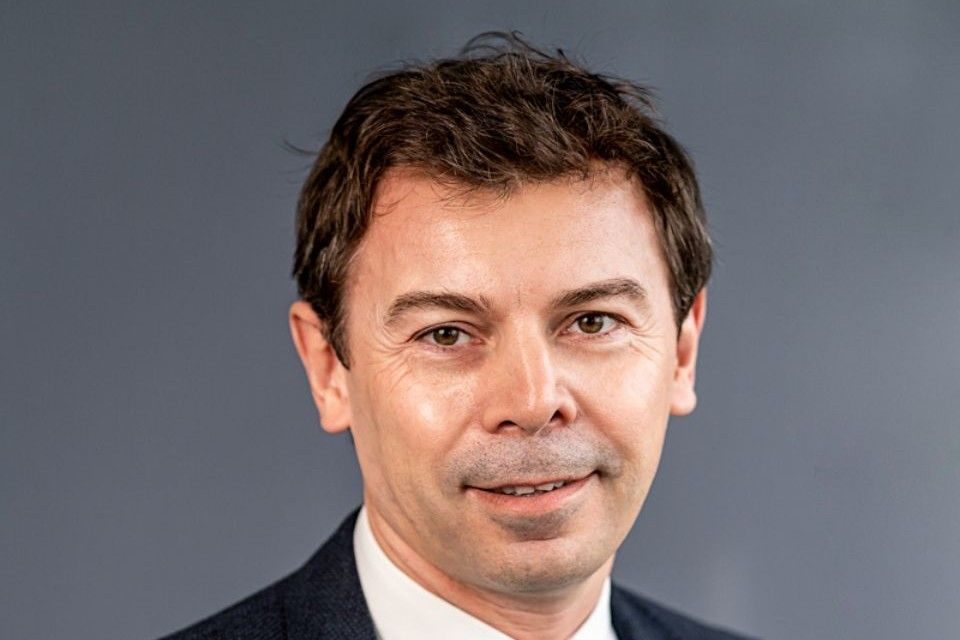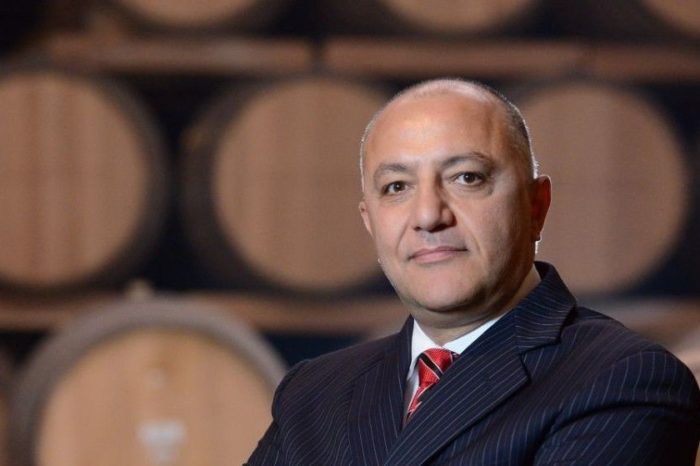Horvath: 3 out of 4 companies expect sales growth in 2022 and 2023 amid general price increases

Three out of four companies worldwide expect to see sales growth in both 2022 and 2023, reveals a study by Horvath, a management consulting company with more than 40 years of international experience, present since 2005 on the local market.
The expectation is because almost three-quarters of companies have managed to transfer the high costs into the final prices of products and services. In the case of Romania, optimism exceeds the average resulting from the study, given that 80 percent of companies estimate that they will have increased sales in 2022, respectively 93 percent have a similar expectation for 2023.
Securing financial results, under the conditions of multiple economic risks and overlapping crises, together with the response to cyber security threats and the focus on the digital transformation processes of businesses emerged as the main concerns (key findings), in the current period, which I share top executives from 17 countries, including 15 respondents from Romania, according to the study.
Digital transformation is, for the third consecutive year, a priority concern for company managers, while cyber security enters the top of concerns for the first time.
At the level of strategic initiatives, aimed at ensuring growth in the medium and long term, digital transformation is, again, in first place, followed by objectives related to cybersecurity, and the third place is occupied by business orientation towards ecological sustainability.
Regarding the current situation (Course of Business), Romania shares the challenges of other states, but with certain particularities. For example, the impact of the invasion of Ukraine by Russia did not affect Romanian companies to the same extent as those from other countries: the loss of access to the Russian market and the closing of factories of some suppliers affected 25 percent of the companies that participated in the study, but the impact was of only 7 percent for Romanian companies.
In contrast, regarding the increase in costs over the past year, the average for all industries, resulting from the study, was 15.2 percent, while the increase was stronger (24 percent) for Romanian firms. Also, while 72.7 percent of the companies participating in the study manage to transfer their cost increases to the prices charged to final customers, in Romania, only 60.4 percent can do so.
Regarding the strategic objectives (Strategic Priorities) of the executives, the top of those in Romania differs from the one aggregated at the level of the 17 countries. Digital transformation falls to the second place, and cyber security – to the third, and the first place is taken by the concern for employee motivation and new models of work organization. Thus, objectives related to the new organization of work, the need for new skills in the company, flexible working methods, employee well-being, employer branding, etc. are seen as top priorities for Romanian executives.
On the other hand, the 3rd place among the global priorities from the “CxO Priorities 2022” study (business orientation towards ecological sustainability) drops to the 6th place among the priorities of Romanian company managers. At the international level, 70 percent of companies have assumed a clear target for reducing CO2 emissions, while only 30 percent of Romanian companies have set similar objectives.
“A study of the magnitude of ‘CxO 2022’ allows us to make an X-ray as accurate as possible of the challenges that concern top executives and to capture the solutions they turn to in order to go through this period, complicated on multiple levels. It is a useful tool both for us as a team specializing in management consulting at the highest level, and for our clients and anyone who wants to anticipate the future, at least partially, beyond the many uncertainties that lie ahead. With slight differences, the Romanian business environment shares the same concerns and sets the same strategic objectives as companies from other countries, with more developed economies. I am happy to note that, also for Romanian managers, digital transformation is seen as a top priority, which will transform companies in terms of efficiency, but will also contribute to the achievement of objectives related to sustainability”, says Kurt Weber, Managing Director Horvath Romania.













